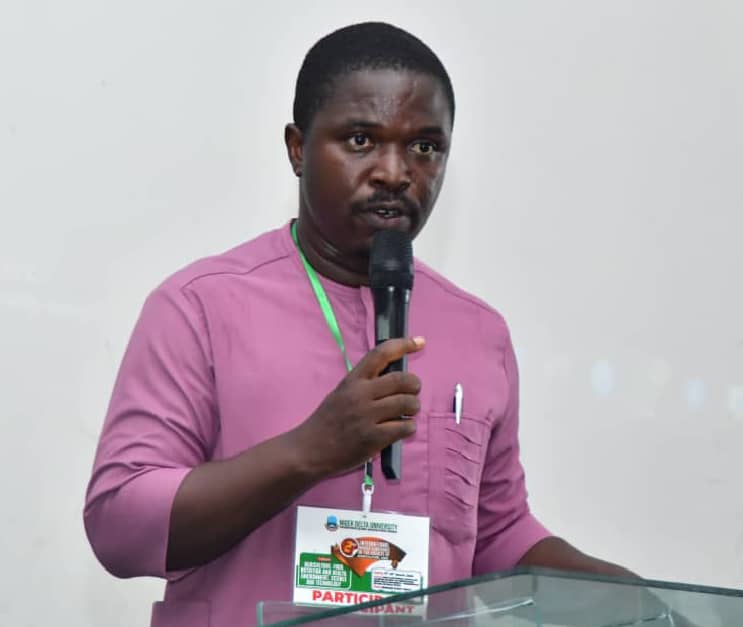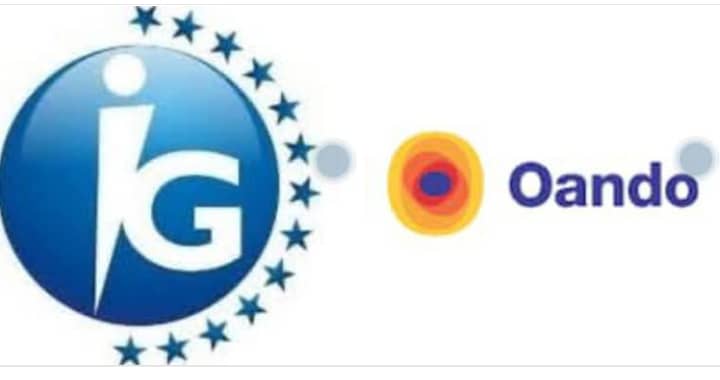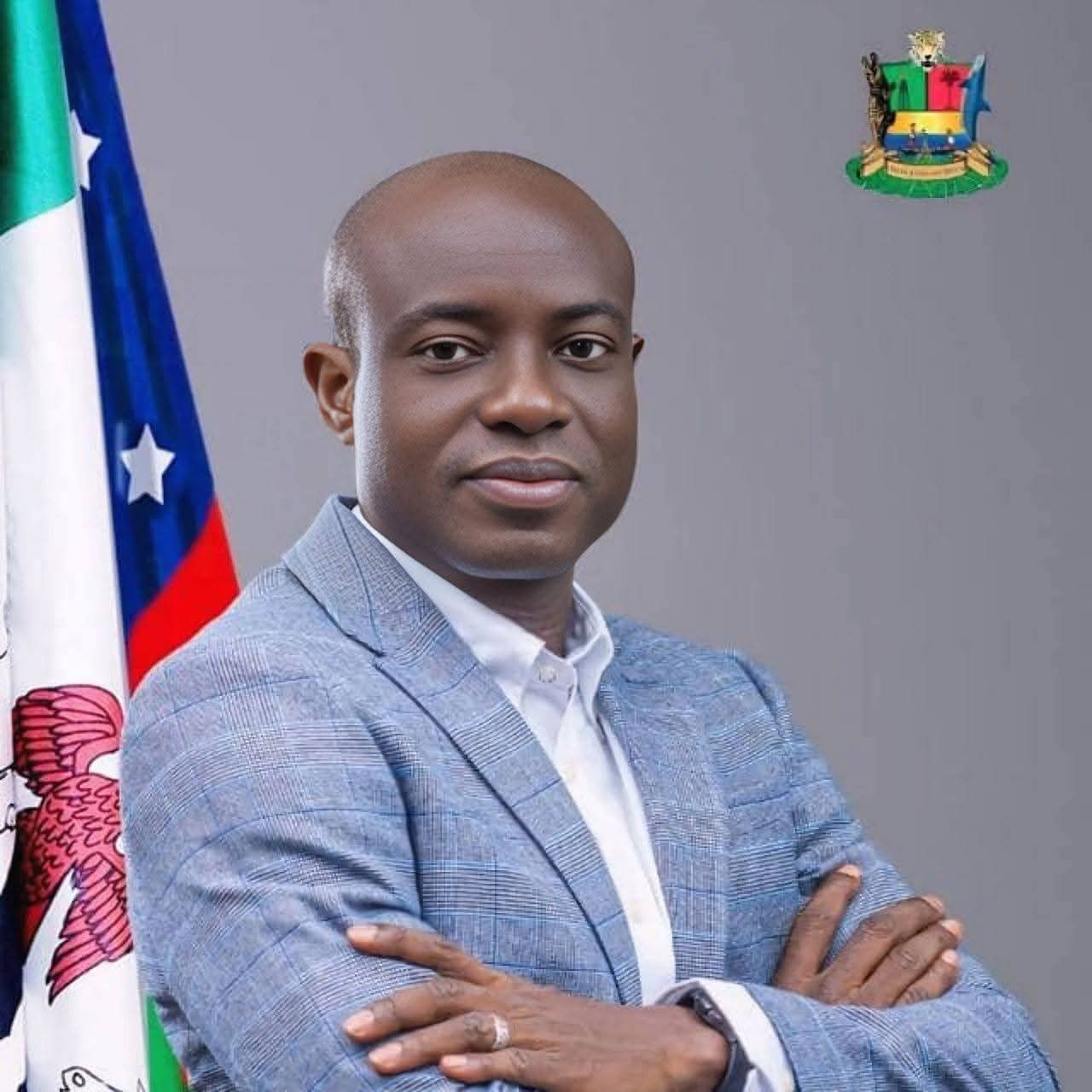Written by: B. B. Agadaga Ph.D
Oftentimes, people who lack a proper understanding of the electoral process are quick to cast aspersions on professors and the academic community, claiming that karma has caught up with them because they are allegedly the ones rigging elections for politicians. Let me unequivocally state that such perceptions are not only misinformed but delusional.
These critics are often haunted by their own actions namely, selling their votes for a morsel of bread to the very political class they now complain about.
In 2010, President Goodluck Jonathan appointed Professor Attahiru Jega as the Chairman of the Independent National Electoral Commission (INEC), with the mandate to conduct free, fair, and credible elections. Before his appointment, Professor Jega was a distinguished university don, fully engaged in teaching, research, and mentoring students.
Upon assuming office, and drawing from his academic background, Professor Jega recognized the value of integrity, competence, and discipline, traits he believed his academic colleagues could bring to the electoral process. As a meticulous and principled leader, he reached out to the Academic Staff Union of Universities (ASUU) to nominate credible professors (men of honest report) from various institutions to assist in delivering transparent elections.
In response, ASUU submitted names of individuals with proven integrity to INEC. These professors went on to play critical roles in the election process. Under Jega’s leadership, INEC introduced key electoral innovations, such as biometric voter registration and the use of smart card readers, steps that greatly enhanced electoral credibility.
During the 2011 general elections, professors served as returning officers across the country. The results were declared transparently and reflected the genuine will of the people. That election was widely acclaimed both locally and internationally as one of the most free, fair, and credible in Nigeria’s history. The relatively low number of post-election litigations testified to the transparency of the process.
After the elections, Professor Jega and his team sat down to evaluate the process in a comprehensive post-election review. During this evaluation, they identified grey areas and proposed key reforms that required electoral amendments and legislative support to strengthen the system further.
A detailed report of these findings and recommendations was submitted to both the President and the National Assembly. Unfortunately, due to bureaucratic bottlenecks and what appeared to be deliberate political sabotage, that document was shelved and never implemented, a lost opportunity to consolidate democratic gains and prevent future electoral fraud.
Since the expiration of Jega’s tenure, the landscape has changed. Many of the professors currently engaged as ad hoc electoral staff were not nominated by ASUU but were recruited through personal networks or self-application. Some of these individuals, lacking the same level of accountability, have reportedly succumbed to financial inducements from politicians and party agents.
The truth must be told; if Nigeria had a fully functional and trustworthy electoral system backed by uncompromised security agencies and a credible judiciary, politicians would think twice before attempting to buy votes or bribe electoral officials. The current failures of these supporting institutions have shifted an undue burden onto INEC and its staff, especially professors, who are now unfairly blamed for the system’s wider failures.
Let it also be known that in some cases, results allegedly “rigged” by professors are done so under duress announced at gunpoint or under threats from political thugs. There have been instances where professors were held hostage and forced to declare doctored results. No professor, for that matter should have to risk their life for a country whose political class and citizenry are unwilling to uphold democratic values.
Urchins of politicians can say otherwise.





